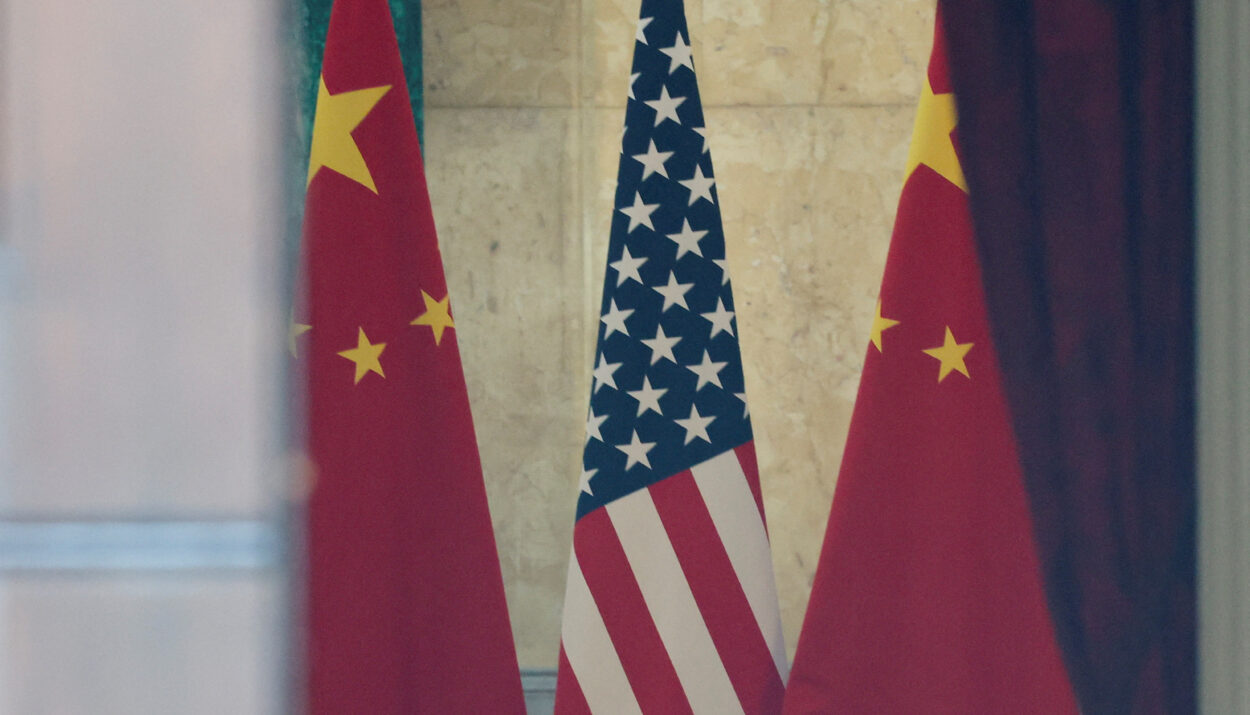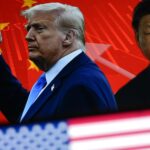Just one day after President Trump declared his rare earth trade deal with China “done,” China added a twist: rare earth exports to US will be capped by six-month export licenses, according to a new report from WSJ. (Related: Trump says US-China trade deal “is DONE”)
That means US manufacturers won’t have guaranteed long-term access to these critical materials — they’ll have to reapply every six months.
“This is strategic. China gave supply but kept the pressure,” a source told WSJ. “It’s leverage — and it works.”
Why Rare Earths Matter for Markets
Rare earths are essential to production of:
- Electric vehicles (Tesla, GM, Ford, Rivian)
- Semiconductors (Nvidia, AMD, Intel)
- Aerospace & defense (Lockheed Martin, Boeing, Raytheon)
- Consumer tech (Apple, Samsung suppliers)
With China controlling 90% of processing, any disruption hits global supply chains, profit margins, and project timelines.
What It Means for Stocks
- EV & auto stocks may see margin pressure and procurement delays — especially Tesla $TSLA, Ford $F, GM $GM, and suppliers like Magna or Aptiv
- Defense contractors could face production risk if materials for guided systems or radars are delayed
- Semiconductor stocks reliant on specialized magnets for chip lithography tools may also feel indirect impact
- Alt-material or domestic mining stocks (MP Materials $MP, Lynas) may rally on long-term reshoring narrative
“This deal stabilizes markets short-term, but long-term risk premiums just crept back in,” said one strategist at BofA.
China Dictated the Terms
WSJ reports that China’s rare earth dominance shaped the entire negotiation. The US team, led by Scott Bessent and Howard Lutnick, prioritized securing material flows over balancing tariffs.
“It’s not really a truce — it’s a lease,” said one energy sector analyst. “Every six months, China has options.”
Bessent Says Deal Brings Stability
Speaking to the House Ways and Means Committee on Wednesday, Treasury Secretary Scott Bessent expressed confidence in the framework:
“I have just returned in the middle of last night from successful negotiations in London with the Chinese delegation that will not only stabilize the economic relationship between our two economies but make it more balanced.”
His remarks suggest the Biden administration (and Trump team negotiators) view the deal as a recalibration — not just a tactical trade fix.
The headline read “deal done,” but the fine print says “deal conditional.”
Six-month licenses = six-month uncertainty cycles. That’s a big risk for public companies with high fixed costs and just-in-time supply chains. Trump got political optics. Markets got conditional clarity — and a rolling headache.
Expect more volatility for sectors linked to rare earths, chips, EVs, and defense. And keep an eye on reshoring plays — they just became a lot more attractive.
Disclosure: This article does not represent investment advice. The content and materials featured on this page are for educational purposes only.
Related:
Michael Saylor: Bear Market Is Not Coming Back And Bitcoin Is Going To $1 Million
World Bank predicts worst decade for global growth since 60s
US-China Trade Talks Enter Pivotal Day Two in London
Washington Starts to ‘De-Musk’: 5 Stocks Poised to Gain From the Shift
Trump says relationship with Musk is over and threatens him
Elon Musk Empire Under Fire: What Trump’s Revenge Could Mean for Tesla and SpaceX
“You Mean Man Who Lost His Mind?” — Trump Slams Door on Musk
Timeline of Elon Musk and Donald Trump “Break Up”
Why Trump Can’t Just Quit Elon Musk — Even After Their Public Breakup










